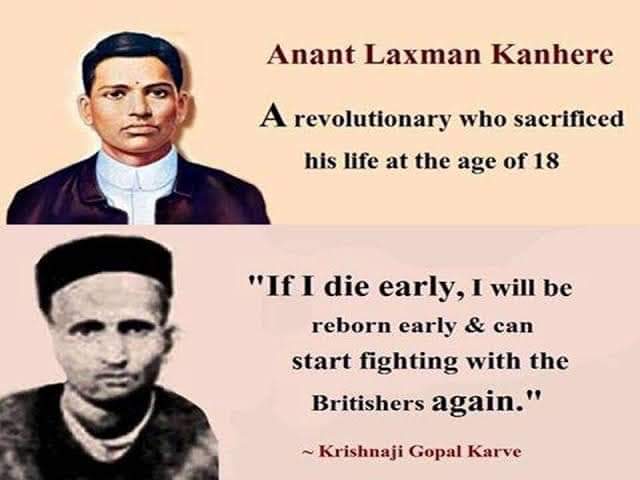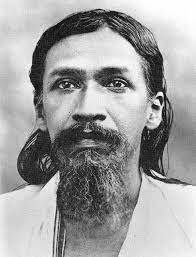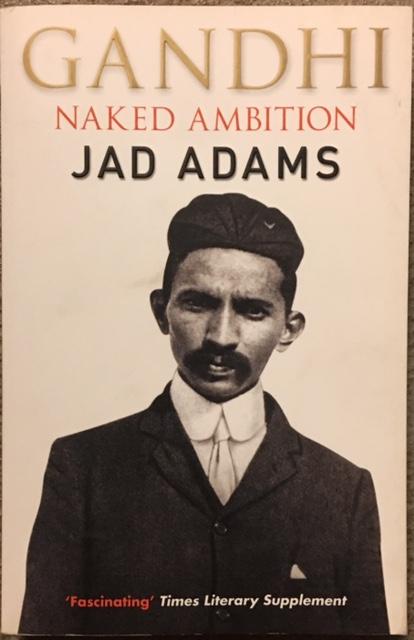
1
Thread
#UllaskarDutta
The Revolutionary Brahmin Bomb Maker of Bengal.
Belated and a humble tribute for another long forgotten hero.
Ullaskar Dutta (16 April 1885 – 17 May 1965) was born in present day Bangladesh for an affluent Baidya Brahmin family.
His father Dwijadas

Thread
#UllaskarDutta
The Revolutionary Brahmin Bomb Maker of Bengal.
Belated and a humble tribute for another long forgotten hero.
Ullaskar Dutta (16 April 1885 – 17 May 1965) was born in present day Bangladesh for an affluent Baidya Brahmin family.
His father Dwijadas


2
Dutta Gupta was a BrahmoSamaji & had an Agricultural Degree from University of London.
After passing entrance examination in 1903, he took admission in the Presidency College, Kolkata. However, he was rusticated from the college for hitting his British Professor Russell,
Dutta Gupta was a BrahmoSamaji & had an Agricultural Degree from University of London.
After passing entrance examination in 1903, he took admission in the Presidency College, Kolkata. However, he was rusticated from the college for hitting his British Professor Russell,
3
for making derogatory comment about Bengalis.
Undeterred by this incident, Ullaskar joined Anushilan Samiti & later for Jugantar party and he became expert in bomb-making.
Khudiram used a bomb manufactured by Ullaskar in an attempt to murder hideous magistrate, Kingsford.
for making derogatory comment about Bengalis.
Undeterred by this incident, Ullaskar joined Anushilan Samiti & later for Jugantar party and he became expert in bomb-making.
Khudiram used a bomb manufactured by Ullaskar in an attempt to murder hideous magistrate, Kingsford.
4
However, police caught many members of the Jugantar group including Ullaskar Dutta, Barindra Ghosh and Khudiram.
This case is known as The Alipore Bomb Case which saw the arrests of 37 Nationalists from Barin Ghosh's Garden.
In the famous Alipore bomb case, Ullaskar was
However, police caught many members of the Jugantar group including Ullaskar Dutta, Barindra Ghosh and Khudiram.
This case is known as The Alipore Bomb Case which saw the arrests of 37 Nationalists from Barin Ghosh's Garden.
In the famous Alipore bomb case, Ullaskar was
5
arrested on 2 May 1908 and he was sentenced to death by hanging in 1909. Later, on appeal, the verdict was reduced to transportation for life and he was deported to the Cellular Jail in Andaman.
(Read again, Appealing was done by
every nationalist, not just Veer Savarkar)

arrested on 2 May 1908 and he was sentenced to death by hanging in 1909. Later, on appeal, the verdict was reduced to transportation for life and he was deported to the Cellular Jail in Andaman.
(Read again, Appealing was done by
every nationalist, not just Veer Savarkar)


6
Ullaskar was subjected to brutal torture in the Cellular Jail and is said have lost his mental balance. He was set free in 1920 and he returned to Kolkata.
Ullaskar was again arrested in 1931 and sentenced to 18 months imprisonment.
He returned to his home village
Ullaskar was subjected to brutal torture in the Cellular Jail and is said have lost his mental balance. He was set free in 1920 and he returned to Kolkata.
Ullaskar was again arrested in 1931 and sentenced to 18 months imprisonment.
He returned to his home village
7
Kalikachha when British left in 1947. After a lonely life of 10 years, at his 72nd year he returned to Kolkata in 1957, married his childhood friend Leela, the daughter of Bipin Chandra Pal, at that time she was a physically challenged widow, settled at Silchar.
Kalikachha when British left in 1947. After a lonely life of 10 years, at his 72nd year he returned to Kolkata in 1957, married his childhood friend Leela, the daughter of Bipin Chandra Pal, at that time she was a physically challenged widow, settled at Silchar.
8
The legend Ullaskar Dutta attained Mukti on 17th May 1965.
He wrote a book about his struggles and experience in Andamans Cellular Jail.
Amar Karajiban (My Prison Life) (translated into English as Twelve Years of Prison Life in 1924).
#ForgottenHeroes
#VandeMataram

The legend Ullaskar Dutta attained Mukti on 17th May 1965.
He wrote a book about his struggles and experience in Andamans Cellular Jail.
Amar Karajiban (My Prison Life) (translated into English as Twelve Years of Prison Life in 1924).
#ForgottenHeroes
#VandeMataram


• • •
Missing some Tweet in this thread? You can try to
force a refresh















